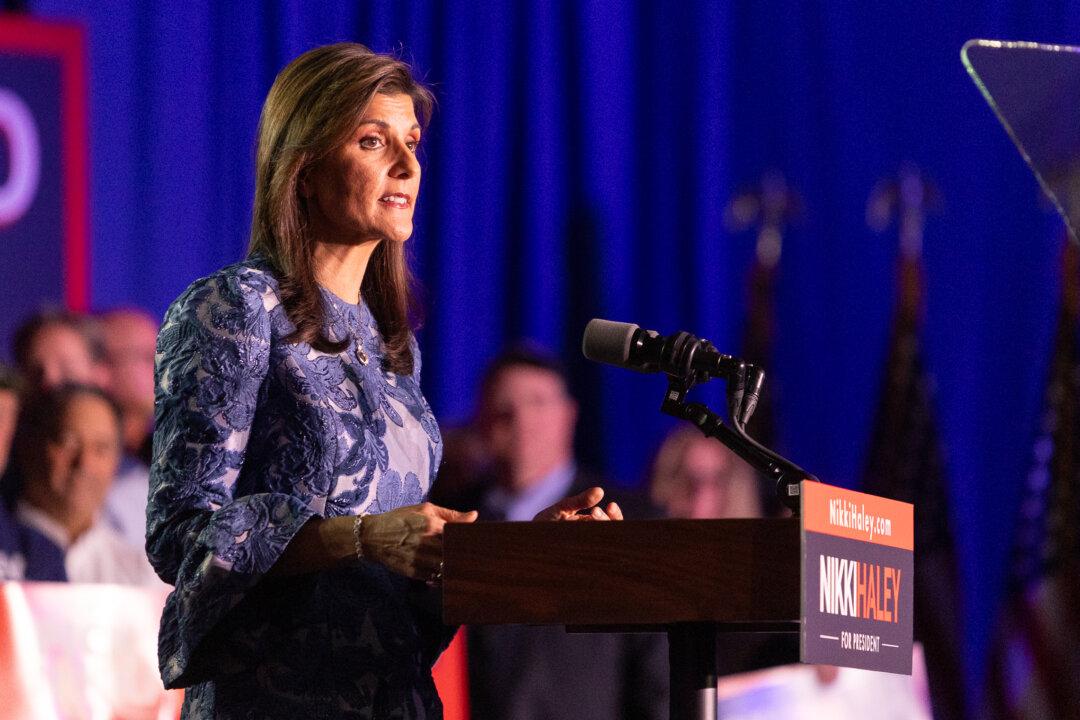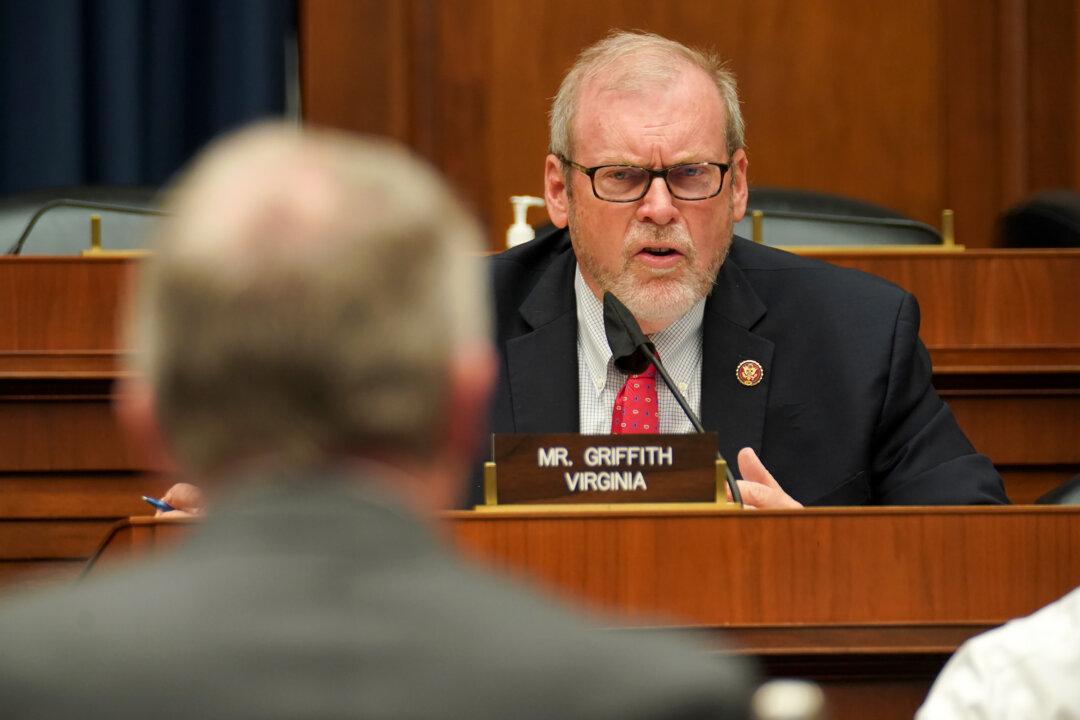CONCORD, N.H.—Former President Donald Trump won the New Hampshire primary with a record number of votes received, surpassing previous highs set by Bernie Sanders in 2016. The former president is now positioned as the presumptive Republican nominee, though the primary season is barely underway.
Despite his impressive vote total in the Jan. 23 Republican contest, the composition of that electorate—and of the coalition voting for his opponent—could have implications for a potential general election matchup between President Trump and President Joe Biden.





